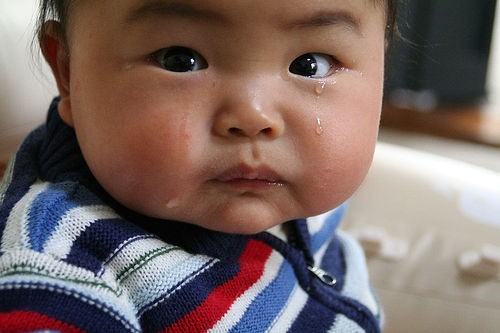Difficult Babies at 5 Months of Age Are More Likely To Experience Early Depression
Researchers out McGill University, the University of Montreal and other participating institutions conducted a 5 year, longitudinal study of 1758 representative and randomly selected children born in Quebec. The children were evaluated annually for mental health symptoms, starting at five months of age, with the mothers present and questioned as well, to provide more complete information.
The researchers found that a surprising percentage of very young children show signs and symptoms of depression or anxiety. They have also discovered the 2 most important predictors of early childhood depression or anxiety:
- Maternal depression (lifetime) – children born to mothers who had ever experienced clinical depression were most likely to show signs themselves
- A difficult temperament at five months
Lead study author, Dr. Sylvana Cote, out of The University of Montreal, commented on the implications of the study results, saying, "Health professionals should target such high risk children at infancy, as well as their parents, to have a long-term impact on their well-being."
The researchers say that further research is needed on interventions for these very young children at-risk of depression and anxiety symptoms.
The complete study results can be read at The Journal of Child Psychology and Psychiatry http://www3.interscience.wiley.com/journal/122454564/abstract?CRETRY=1&SRETRY=0
Post a comment 0
Copyright Notice
We welcome republishing of our content on condition that you credit Choose Help and the respective authors. This article is licensed under a Creative Commons License.

 ChooseHelp
ChooseHelp
